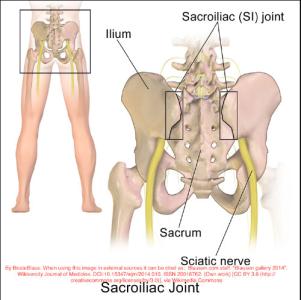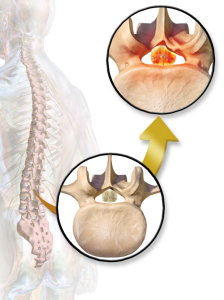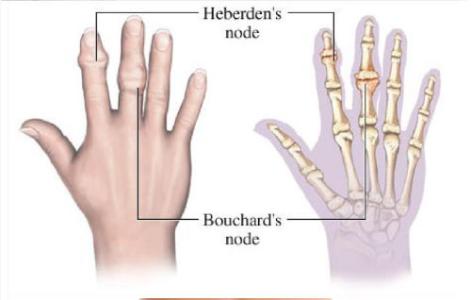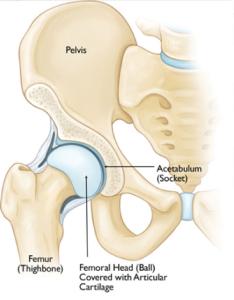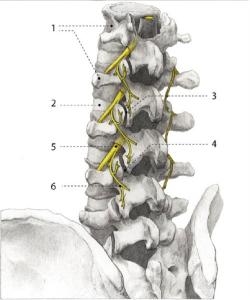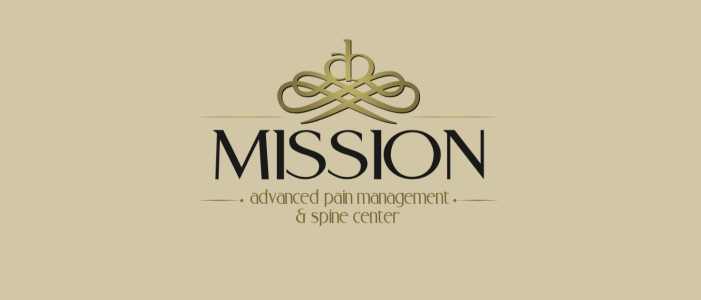Neck Pain Facts:
Neck pain (or Cervicalgia) is a common problem, with two-thirds of the population having neck pain at some point in their lives.
Neck pain, although felt in the neck, can be caused by numerous other spinal problems.
Neck pain may arise due to Muscular tightness in both the neck and upper back, or Pinching of the Nerves emanating from the cervical vertebrae.
OsteoAarthritis (OA) of the joints in the neck or upper back is a common cause of Neck Pain.
What might be the Origin of Neck Pain:
Muscles
- It is a common condition that usually involves the muscles of your neck as well (Myofascial Pain Syndrome), that causes pain, muscle tension or stiffness in your neck.
- Neck muscles can be strained from poor posture whether it's leaning over your computer or hunching over your workbench, or acutely after a specific incident/trauma a motor vehicle accident.
- Chronically, it can be a result of the underlying arthritis in the neck joints that are being held tight by the Neck muscles (Facet Joint Syndrome)
Disc Herniation / Nerve Related Pain
- Sometimes neck pain is a symptom of a more serious underlying problem, Cervical Degenerative Disc Disease.
- This is important specially if the pain travels down the shoulders/arms and/or causes any Numbness or Tingling.
- These symptoms are more suggestive that the pain may be coming from a nerve that is being irritated in your neck.

Clinical evaluation by experienced Spine Pain Management Doctor is very important early in the condition to avoid any progression of the disease and avoid serious complications.
Neck Joints
- This is considered the most common cause of Mechanical Neck Pain.
- Irritated joints in your neck, specially the Facet joints, can start a sequences of symptoms that all pin points to the arthritis in your neck joints.
- The most common cause of mechanical neck pain arises from what so called the Cervical Facet Syndrome.
To add more confusion to the picture, Disc herniation and Joints Arthritis can both be contributing to tightness around the nerves coming off your neck resulting in nerve related pain, It is called Cervical Spinal Stenosis.
Like with Any Pain Condition, the earlier you get evaluated by experienced Pain Management Spine Specialist and get the appropriate treatment, the likelihood of this not becoming a chronic problem improves dramatically.
One of the Worst Things you can do is Do Nothing. Therefore the goal of the treatment is to decrease/eliminate your pain as quickly as possible to allow you to return back to your normal daily activities without any delay.
Managing Your Neck Pain
- Acutely, Neck Pain can improve with oral medications typically Anti-Inflammatories, possibly muscle relaxants, anti-seizure medication or antidepressant may be added to help control your nerve related pain.
The majority of “pain” medications have the side effect of sleepiness so they can also help you rest. Opioids i.e. “narcotics” are not recommended for first line treatment of acute neck pain.
- If your pain continues or becomes too debilitating despite oral medications, being evaluated by a Spine Pain Management Specialist should be your next step.
- Physical therapy may be recommended but can be difficult and more damaging if your pain is still not under control.
Fact: As we now realize that a significant amount of cases of acute neck pain are not treated by surgery initially, a referral to see a spine surgeon is likely unnecessary and at times, may delay appropriate treatment as it may take several weeks to months to be seen and evaluated. In the meantime, you may be given medications to help control your pain that are not indicated and/or may give you intolerable side effects. These may mask your pain and can have addictive properties that may make you dependent on them. If you decide to wait to see a spine surgeon, you will likely be referred to see another spine specialist for further treatment.
Even if your Neck Pain is causing significant Arm Pain as well to the point that it may be Numb, Tingle or even Weak, surgery is still unlikely to be an initial option.
Fact: If you have factors such as a history of trauma, cancer or osteoporosis an x-ray may be warranted to rule out any type of fracture. If Not, X-rays are typically Not Needed.
In addition, if you have arm pain associated with your neck pain, an MRI is likely not needed prior to treating your condition. With certain limitations, imaging should be considered only if minimally invasive interventions (e.g. Cervical Epidural Steroid Injections, Cervical Facet Joints Injections, Trigger Points Injections…) did not help and surgical consideration is our next step.
Only after conservative therapies fail, and appropriate treatment and diagnostic studies have been performed, should you need to see a Spine Surgeon. Your pain relief should not be delayed waiting to see specialist nor should you be treated with medications that only mask your pain that do not target the specific cause of your pain as you wait to be seen.


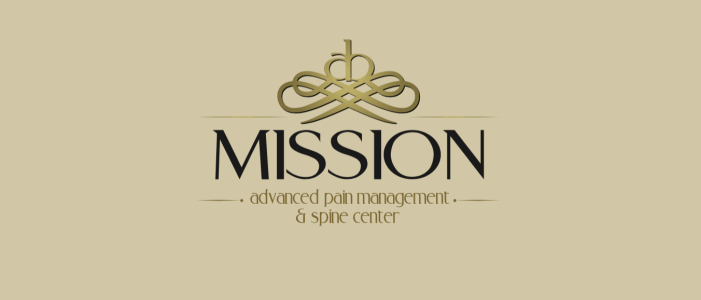
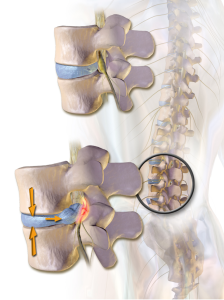
![By James Heilman, MD (Own work) [CC BY-SA 3.0 (http://creativecommons.org/licenses/by-sa/3.0) or GFDL (http://www.gnu.org/copyleft/fdl.html)], via Wikimedia Commons](/assets/components/phpthumbof/cache/vcfrac3.25c355a85cb0101f004729be8d39bec389.jpg)
